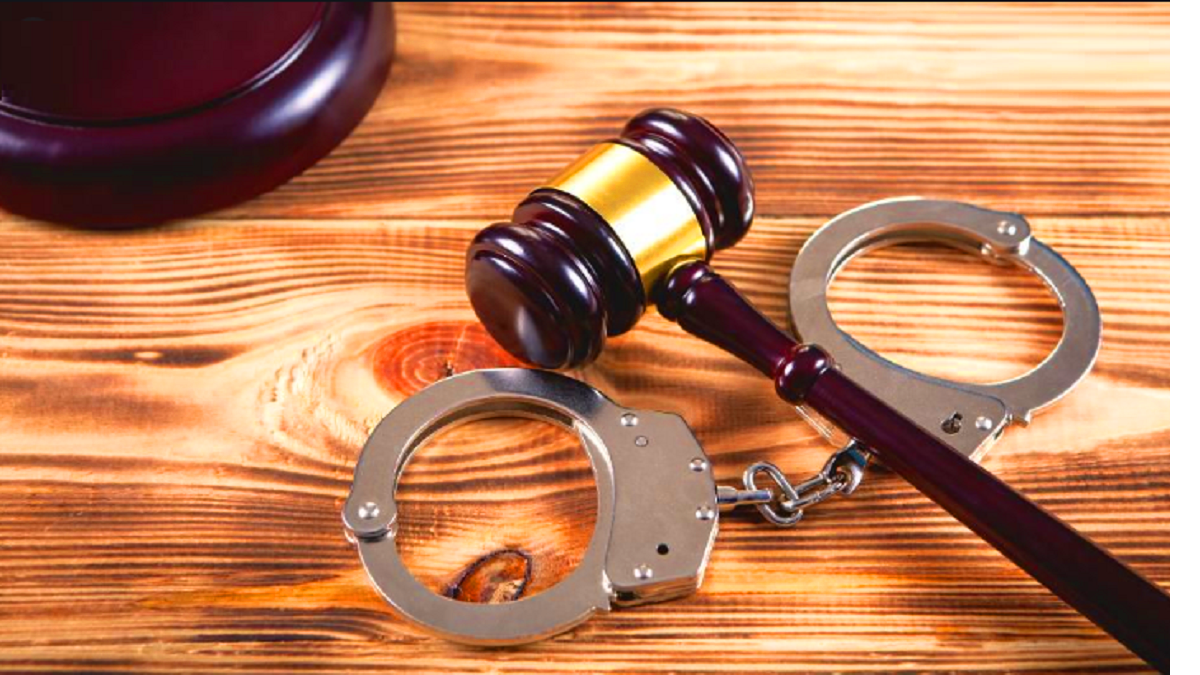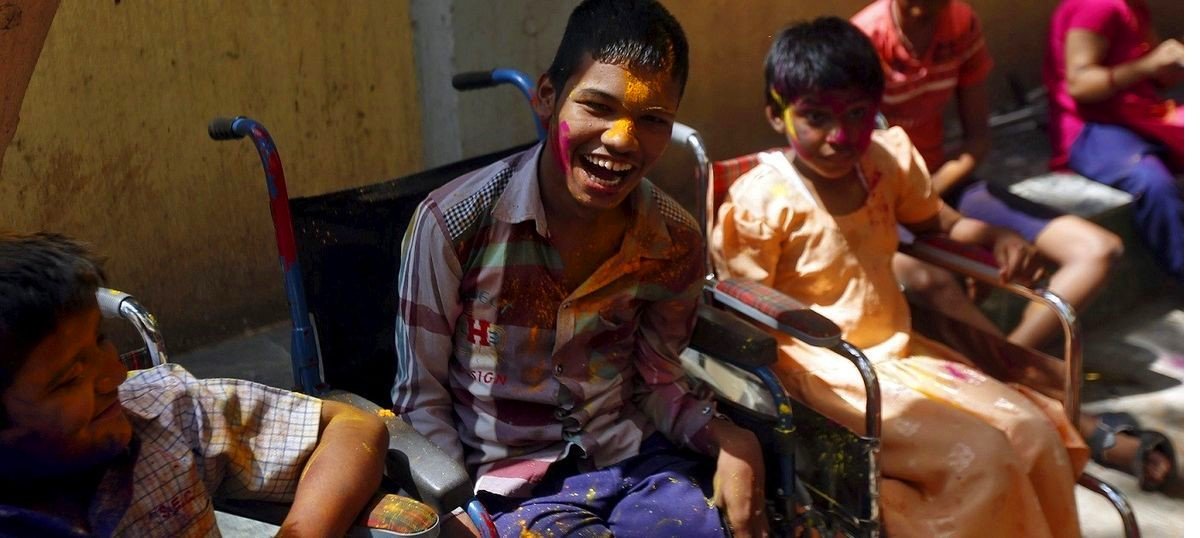Understanding Whistleblower Protections: A Complete Guide

Whistleblower protections play a pivotal role in upholding transparency and accountability in today’s corporate landscape. In this comprehensive guide, we’ll delve into the intricacies of whistleblower protections, exploring the legal framework, reporting processes, challenges faced by whistleblowers, and the evolving landscape of corporate compliance. Join us on this journey to understand the nuances of whistleblower protections and their broader impact on corporate governance.
Contents
- 1 Definition of Whistleblower Protections
- 2 Significance in Corporate Governance
- 3 Legal Framework
- 4 Types of Whistleblower Protections
- 5 Reporting Process
- 6 Whistleblower Rewards
- 7 Challenges Faced by Whistleblowers
- 8 Recent Whistleblower Cases
- 9 Corporate Compliance and Whistleblower Programs
- 10 Public Perception and Media Influence
- 11 Future Trends in Whistleblower Protections
- 12 International Perspectives
- 13 Case Study: Success Stories
- 14 Recommendations for Whistleblower Advocacy
- 15 Conclusion
- 16 FAQs
Definition of Whistleblower Protections
Whistleblower protections refer to the legal safeguards in place to shield individuals who expose misconduct, fraud, or illegal activities within an organization. These protections are designed to encourage individuals, often employees, to come forward with information without fearing retaliation.
Significance in Corporate Governance
The role of whistleblowers in maintaining ethical standards within corporations cannot be overstated. Whistleblower protections contribute to a culture of accountability, ensuring that wrongdoing is exposed and addressed promptly.
Legal Framework
Whistleblower Protection Laws
Various countries have enacted specific laws to safeguard whistleblowers. These laws outline the rights and protections afforded to individuals who report misconduct, creating a legal foundation for ethical disclosures.
Scope and Jurisdiction
Understanding the scope and jurisdiction of whistleblower protection laws is crucial. Different regions may have distinct regulations, and navigating this legal landscape is essential for both whistleblowers and organizations.
Types of Whistleblower Protections
Workplace Retaliation
One of the primary concerns for whistleblowers is the fear of retaliation within the workplace. We’ll explore the measures in place to prevent and address such retaliation, ensuring a safe environment for truth-tellers.
Confidentiality Safeguards
Maintaining the confidentiality of whistleblowers is paramount. We’ll discuss the mechanisms that protect the identity of those who come forward, fostering a secure environment for reporting.
Anonymity in Reporting
Anonymity adds an extra layer of protection for whistleblowers. We’ll examine how anonymous reporting mechanisms function and their impact on encouraging individuals to speak out.
Reporting Process
Internal Reporting Mechanisms
Many organizations provide internal channels for reporting misconduct. We’ll examine the advantages and challenges of internal reporting and the role of companies in fostering a culture of openness.
External Reporting Options
In some cases, external reporting is necessary. We’ll explore the external avenues available to whistleblowers, such as regulatory bodies and law enforcement agencies.
Role of Regulatory Bodies
Regulatory bodies play a crucial role in handling whistleblower reports. We’ll discuss their responsibilities and the mechanisms in place to ensure a fair and impartial investigation.
Whistleblower Rewards

Incentives for Reporting
To motivate whistleblowers, some jurisdictions offer financial incentives. We’ll analyze the impact of these rewards on the willingness of individuals to come forward.
Impact on Whistleblower Motivation
Understanding the psychological aspects of reporting misconduct is essential. We’ll delve into the factors that influence a whistleblower’s decision to come forward and how incentives can positively affect motivation.
Read More: The Legal Rights of Employees: A Guide to Workplace Law 2023
Challenges Faced by Whistleblowers
Fear of Retaliation
Despite legal protections, the fear of retaliation persists. We’ll explore the emotional and professional challenges faced by whistleblowers and the need for comprehensive support systems.
Legal and Professional Consequences
Whistleblowing can have legal and professional ramifications. We’ll discuss the potential consequences and how legal frameworks aim to mitigate these risks.
Psychological Toll
The toll on whistleblowers’ mental health is a critical aspect often overlooked. We’ll shed light on the psychological challenges whistleblowers may face and the importance of mental health support.
Recent Whistleblower Cases
High-Profile Examples
Examining recent high-profile whistleblower cases provides insights into the impact of whistleblowing on individuals and organizations. We’ll discuss notable examples and their outcomes.
Outcomes and Impacts
Understanding the outcomes and broader impacts of whistleblower cases is crucial for evaluating the effectiveness of whistleblower protections. We’ll analyze the ripple effects on corporate practices and public perception.
Corporate Compliance and Whistleblower Programs
Building an Ethical Corporate Culture
An ethical corporate culture is the foundation of effective whistleblower protection. We’ll explore strategies for building and maintaining such a culture within organizations.
Effective Whistleblower Policies
Having robust whistleblower policies is essential. We’ll discuss the key components of effective policies and their role in creating a supportive environment for reporting.
Public Perception and Media Influence
Shaping Public Opinion
The media plays a significant role in shaping public perception of whistleblower cases. We’ll examine how media coverage influences public opinion and corporate responses.
Media’s Role in Whistleblower Cases
Analyzing the media’s role in whistleblower cases helps us understand the dynamics at play. We’ll explore how media attention can impact the outcomes of cases.
Future Trends in Whistleblower Protections
Evolving Legal Landscape
The legal landscape around whistleblower protections is dynamic. We’ll explore emerging trends and potential changes in legislation that could impact whistleblowers in the future.
Technology’s Impact
Advancements in technology have both positive and negative implications for whistleblowers. We’ll discuss how technology can be leveraged to enhance protections and potential challenges.
International Perspectives
Varied Approaches to Whistleblower Protections
Different countries adopt diverse approaches to whistleblower protections. We’ll compare international perspectives and highlight best practices for a global standard.
Global Efforts for Standardization
Efforts to standardize whistleblower protections globally are underway. We’ll explore international initiatives and their potential impact on creating a unified framework.
Case Study: Success Stories
Positive Outcomes for Whistleblowers
Examining success stories provides inspiration and insights into the positive outcomes whistleblowers can achieve. We’ll highlight cases where ethical disclosures led to positive change.
Lessons Learned
Identifying lessons from successful cases is valuable. We’ll extract key lessons for both whistleblowers and organizations to improve the effectiveness of whistleblower protections.
Recommendations for Whistleblower Advocacy
Strengthening Legal Safeguards
Based on our exploration, we’ll provide recommendations for strengthening legal safeguards to better protect whistleblowers.
Raising Awareness
Increasing awareness about whistleblower protections is crucial. We’ll discuss strategies for educating the public, organizations, and policymakers about the importance of supporting whistleblowers.
Read More: A Guide To Navigating the Seas of Maritime Law
Conclusion
In conclusion, this comprehensive guide has been a journey through the labyrinth of whistleblower protections, emphasizing their pivotal role in maintaining the moral compass of corporate environments. From dissecting legal frameworks to delving into the psychological toll borne by whistleblowers, we’ve uncovered the multifaceted aspects of this crucial mechanism.
As we reflect on the intricate balance between transparency and accountability, it becomes evident that the support and protection of whistleblowers are paramount for the health of our organizations and, by extension, society as a whole. It is a call to action, urging stakeholders to champion a culture that values truth-telling and ethical conduct. As we navigate the ever-evolving landscape of corporate governance, let us carry forward the lessons learned and the imperative to fortify whistleblower protections for a more just and accountable future.
FAQs
Are whistleblower protections the same globally?
Whistleblower protections vary across countries, with different legal frameworks and approaches. While there are international efforts for standardization, there is no one-size-fits-all approach.
What incentives do whistleblowers receive?
Incentives for whistleblowers can include financial rewards, protection against retaliation, and, in some cases, anonymity. These incentives aim to motivate individuals to come forward with valuable information.
How does the media influence whistleblower cases?
Media coverage can significantly impact public perception and corporate responses to whistleblower cases. Positive or negative coverage can shape outcomes and affect the overall narrative.
What challenges do whistleblowers face in the workplace?
Whistleblowers often face the fear of retaliation, legal consequences, and psychological tolls. Creating a supportive workplace culture and robust legal safeguards is essential to address these challenges.
How can organizations build an ethical corporate culture?
Building an ethical corporate culture involves clear communication, strong whistleblower policies, and a commitment to addressing misconduct. Leadership plays a crucial role in setting the tone for ethical behavior.





